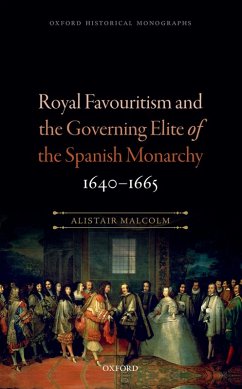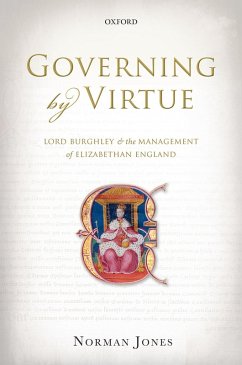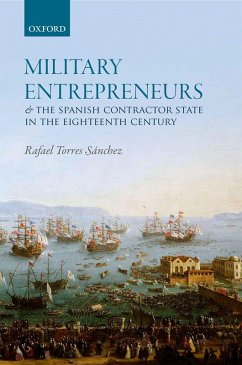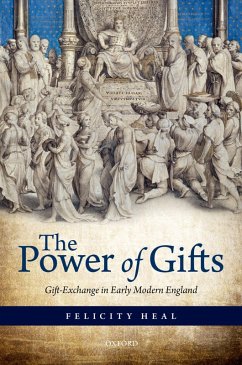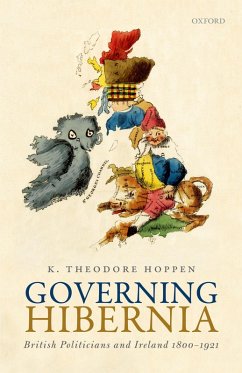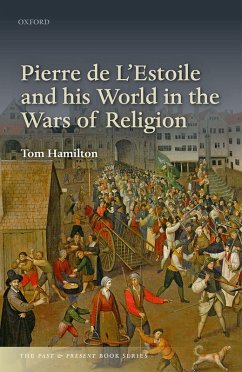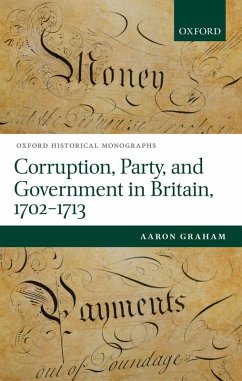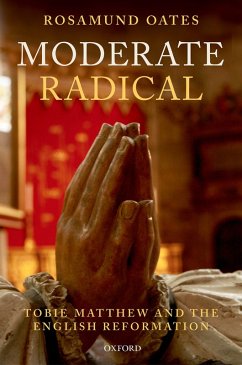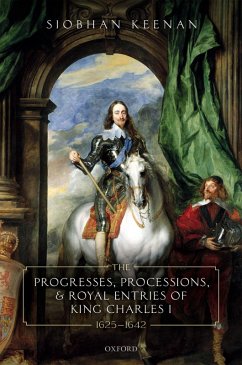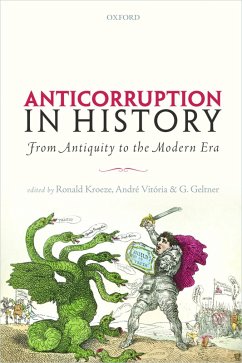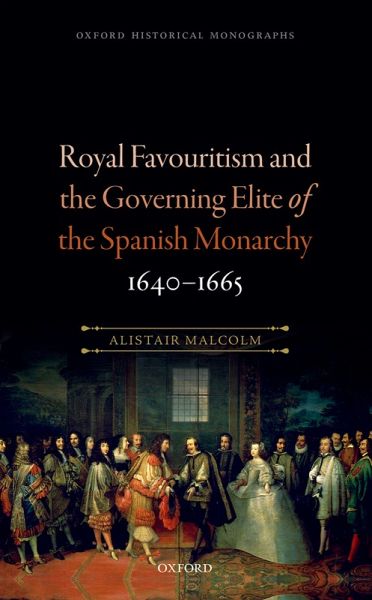
Royal Favouritism and the Governing Elite of the Spanish Monarchy, 1640-1665 (eBook, PDF)
Versandkostenfrei!
Sofort per Download lieferbar
42,95 €
inkl. MwSt.
Weitere Ausgaben:

PAYBACK Punkte
21 °P sammeln!
Royal Favouritism and the Governing Elite of the Spanish Monarchy, 1640-1665 presents a study of the later years of the reign of Philip IV from the perspective of his favourite (valido), don Luis Méndez de Haro, and of the other ministers who helped govern the Spanish Habsburg Monarchy. It offers a positive vision of a period that is often seen as one of failure and decline. Unlike his predecessors, Haro exercised the favour that he enjoyed in a discreet way, acting as a perfect courtier and honest broker between the king and his aristocratic subjects. Nevertheless, Alistair Malcolm also argu...
Royal Favouritism and the Governing Elite of the Spanish Monarchy, 1640-1665 presents a study of the later years of the reign of Philip IV from the perspective of his favourite (valido), don Luis Méndez de Haro, and of the other ministers who helped govern the Spanish Habsburg Monarchy. It offers a positive vision of a period that is often seen as one of failure and decline. Unlike his predecessors, Haro exercised the favour that he enjoyed in a discreet way, acting as a perfect courtier and honest broker between the king and his aristocratic subjects. Nevertheless, Alistair Malcolm also argues that the presence of a royal favourite at the head of the government of Spain amounted to a major problem. The king's delegation of his authority to a single nobleman was considered by many to have been incompatible with good kingship, and Philip IV was himself very uneasy about failing in his responsibilities as a ruler. Haro was thus in a highly insecure situation, and sought to justify his regime by organizing the management of a prestigious and expensive foreign policy. In this context, the eventual conclusion of the very honourable peace with France in 1659 is shown to have been as much the result of the independent actions of other ministers as it was of a royal favourite very reluctantly brought to the negotiating table at the Pyrenees. By conclusion, the quite sudden collapse of Spanish European hegemony after Haro's death in 1661 is represented as a delayed reaction to the repercussions of a flawed system of government.
Dieser Download kann aus rechtlichen Gründen nur mit Rechnungsadresse in A, B, BG, CY, CZ, D, DK, EW, E, FIN, F, GR, HR, H, IRL, I, LT, L, LR, M, NL, PL, P, R, S, SLO, SK ausgeliefert werden.




